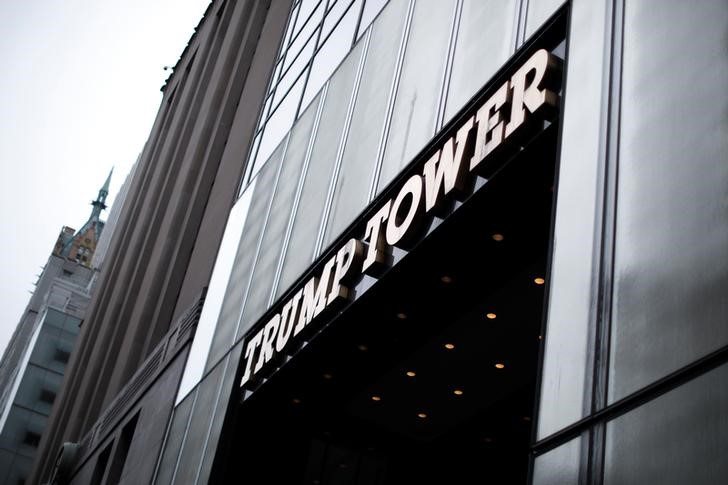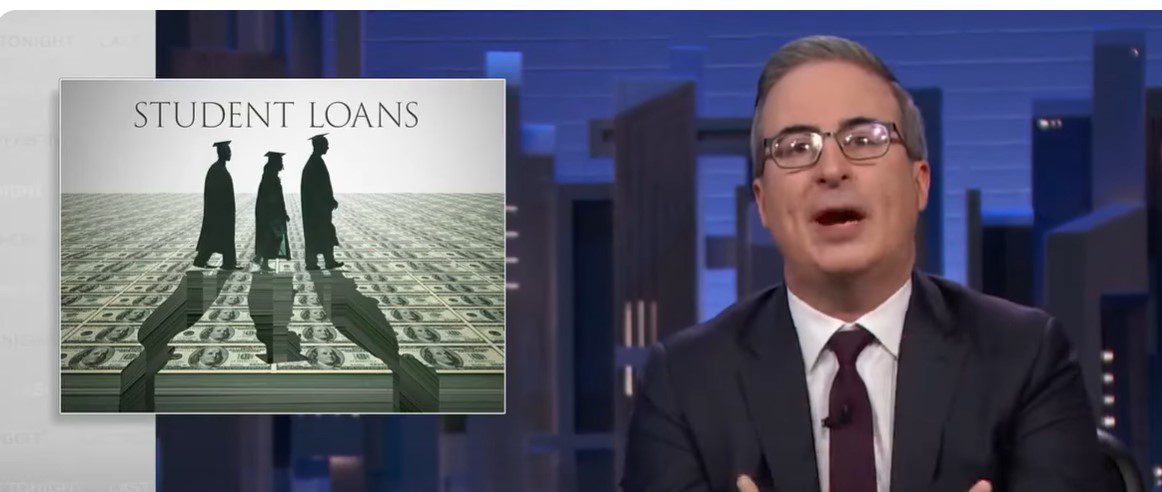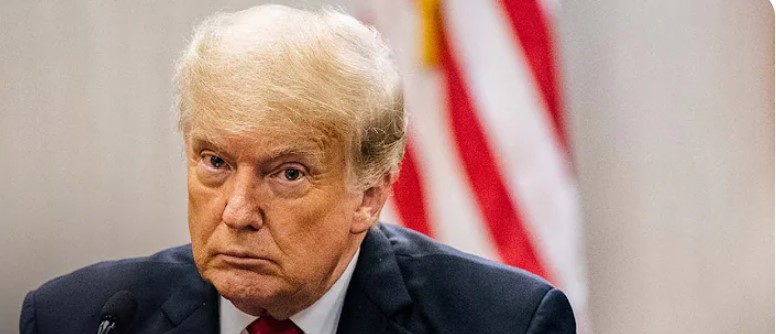Trump’s Legal Woes Continue: Unable to Cover $454 Million Fraud Judgment
Recent developments in court have revealed that former President Donald Trump is facing a significant obstacle in posting the $454 million bond required for the fraud judgment against him. Trump’s own lawyers have admitted to the court that he lacks the necessary cash to back such a substantial bond, making it practically impossible for him to fulfill this obligation.
According to a report by CNN, Trump’s legal team highlighted the challenges of securing a bond exceeding $464 million, citing the extreme rarity of bonding companies willing to take on such a massive financial risk. This figure includes the court-ordered payment of $454 million for Trump, along with additional disgorgement amounts for his adult sons, Don Jr. and Eric.
Financial Hurdles and Property Limitations
Trump’s situation is further complicated by the fact that potential underwriters are insisting on cash to secure the bond, rather than accepting properties or assets as collateral, as explained by his lawyers. Given that bonding companies prioritize liquid assets, Trump’s lack of available cash poses a significant barrier to meeting this requirement.
Despite Trump’s prominent real estate holdings, particularly in New York, the feasibility of leveraging these assets to cover the bond remains uncertain. Notably, Trump Tower stands as one of his most substantial assets, yet doubts persist regarding his sole ownership of the building. Other properties bearing Trump’s name or included in his portfolio may involve licensing agreements, ground leases, or partial ownership structures, complicating his ability to liquidate these assets.
Legal Ramifications and Financial Realities
The repercussions of Trump’s financial constraints could extend to potential asset seizures by authorities, with New York Attorney General Letitia James identified as a key figure in this scenario. While properties like Trump Tower and 40 Wall Street may face jeopardy, the limitations of Trump’s real estate holdings in New York, coupled with his reluctance to sell properties in Florida, underscore the challenges he faces in raising the necessary funds.
Ultimately, Trump’s precarious financial position casts doubt on the illusion of vast wealth he once projected, revealing the fragility of his financial standing in the face of mounting legal obligations. As he grapples with the aftermath of this fraud judgment, Trump confronts a stark realization of the consequences of his past actions, calling into question the sustainability of his financial empire.
Image/Photo credit: source url





